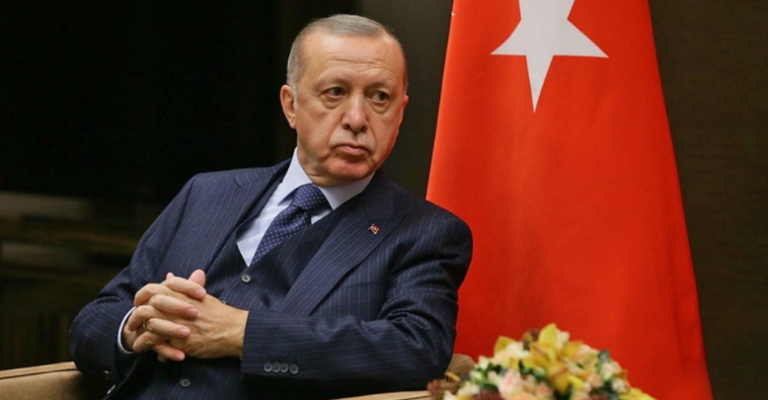NATO’s summit on Oct. 21-22 focused on countering Russia in the Black Sea and the Baltics, but issues within the alliance remain unaddressed. Under President Recep Tayyip Erdogan, Turkey’s antagonistic behavior in the Eastern Mediterranean has become an increasing problem for NATO and America’s allies by promoting instability, threatening economic and energy development, and increasing the potential for armed conflict.
On Oct. 23, Erdogan threatened to expel 10 ambassadors, including from the United States and NATO nations, but walked back his decision two days later. Washington urgently needs to address this deterioration of stability among allies by creating a bureaucratic and transactional strategy toward Ankara. The United States should apply political and economic pressure on Turkey through NATO, and expand bilateral security cooperation with Greece.
Greece and Turkey have long disputed the extent of their maritime boundaries. At the height of their tensions during August 2020, the two countries’ warships collided, which Athens called an accident but Ankara claimed was a provocation. Natural gas discoveries offshore of Cyprus, Israel and Egypt are critical to the Eastern Mediterranean’s economic growth and European energy security, but also irritate regional tensions.
The ancient Gods’ strange “Bag” – It was seen worldwide
Ankara claims an expansive exclusive economic zone that violates Greek and Cypriot boundaries, and only Libya recognizes Turkey’s interpretation of its territorial rights. To protect its EEZ claims, the Turkish Navy has repeatedly harassed non-Turkish ships searching for natural gas in Greek and Cypriot waters. Yet, Turkey has not limited its harassment to Greece and Cyprus. France and Italy have also criticized Turkey for preventing access to Cypriot waters and then sending in their drill ships to search for natural gas. France even suspended its participation in NATO’s Mediterranean operations in 2020 after the Turkish Navy harassed one of its ships.
Read more: Defense News
Ask me anything
Explore related questions





